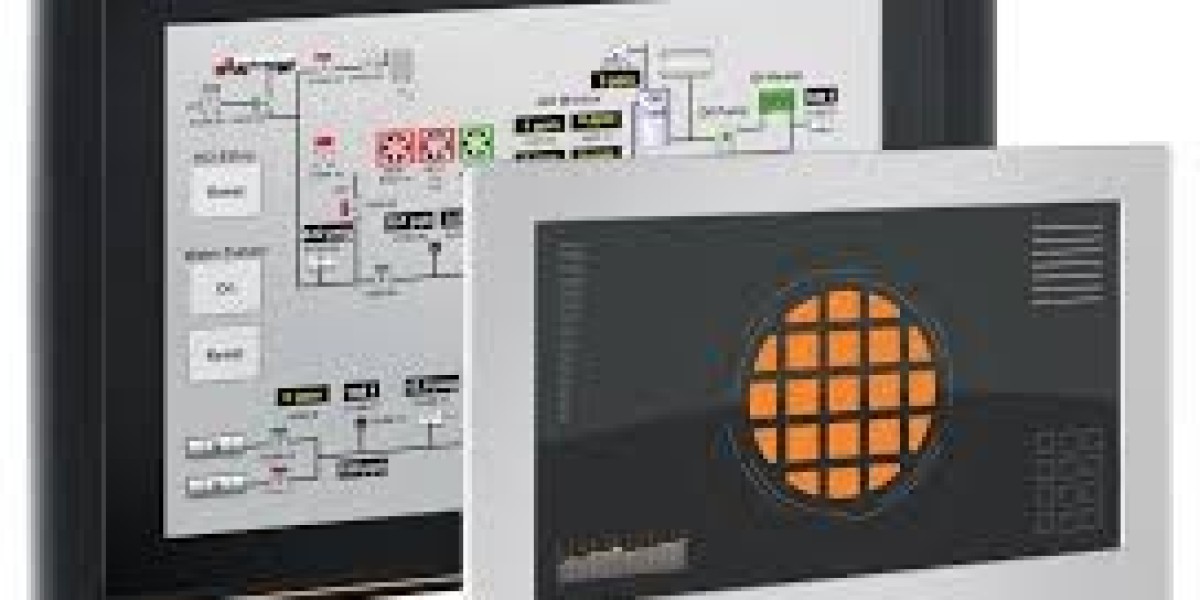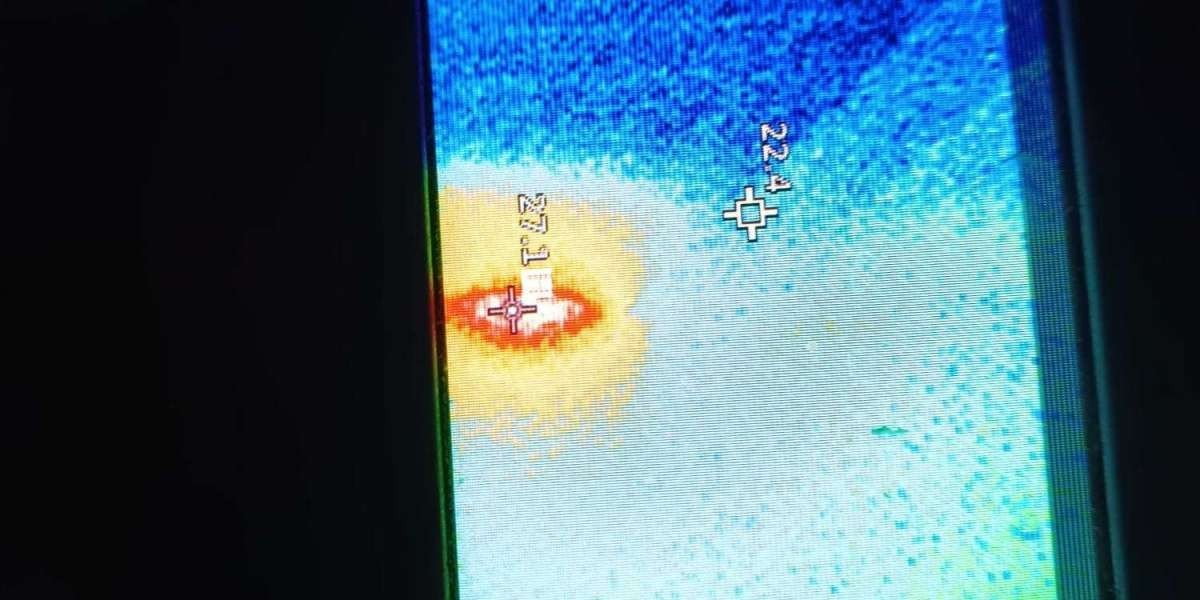Introduction
In today’s rapidly advancing world of automation, businesses need technology that is fast, reliable, durable, and suitable for harsh industrial conditions. This is where an Industrial Panel PC stands out as a game-changing device. Designed to automate processes, increase operational accuracy, and provide real-time control, an Industrial Panel PC has become a vital tool across factories, manufacturing plants, warehouses, and energy sectors. In this article, we dive deep into what makes an Industrial Panel PC essential, how it works, and why industries increasingly rely on it.
What Is an Industrial Panel PC?
An Industrial Panel PC is a robust, all-in-one computer system specifically built for industrial use. Unlike standard desktop computers, these PCs combine a touch-enabled display and a powerful processing unit into a single enclosure. They are engineered to operate reliably in environments where dust, moisture, vibration, temperature changes, and continuous use are common.
Most Industrial Panel PCs come with:
Rugged enclosures made of aluminum or stainless steel
Fanless cooling systems to reduce failure risks
Touchscreen interfaces (resistive or capacitive)
Wide temperature tolerance
Long lifecycle support for industrial applications
Because of these features, Industrial Panel PCs are widely used in automation control systems, production monitoring, machine operation, and data visualization.
Key Features That Make Industrial Panel PCs Reliable
Rugged Design for Tough Environments
Industrial Panel PCs are built to withstand conditions where a regular computer would fail. They are resistant to dust, humidity, oil splashes, shock, and vibrations—making them ideal for factories, outdoor installations, and heavy-duty machinery.
Many models meet IP65 or IP67 protection standards, meaning they can handle water jets, dust particles, and accidental spills without malfunctioning.
Touchscreen for Easy Operation
Most Industrial Panel PCs come with intuitive touchscreen displays. Operators can easily manage control systems, track performance, or input data even while wearing gloves. Capacitive touchscreens offer high precision, while resistive screens work well in environments with moisture or dirt.
Fanless Cooling System
Fanless cooling is one of the most important features of an Industrial Panel PC. Without fans, the device avoids dust accumulation, noise, and mechanical failures. This increases the system’s reliability and prolongs its operational life.
High Processing Power
Industrial Panel PCs are equipped with powerful processors such as Intel Core i5 or i7, ARM chips, or industrial-grade CPUs. This enables them to handle complex automation tasks, run intensive software, and analyze large amounts of data in real time.
Versatile Mounting Options
Depending on the application, Industrial Panel PCs can be mounted:
On walls
Inside control panels
On machinery
On production lines
Using VESA mounts
This flexibility makes them suitable for various industrial settings.
Applications of Industrial Panel PCs Across Industries
1. Manufacturing Sector
In manufacturing plants, Industrial Panel PCs are used to control machinery, monitor production lines, and track quality. Their ability to run SCADA, MES, and PLC software makes them central to modern automation systems.
2. Food and Beverage Industry
With their hygienic designs and waterproof screens, they help in monitoring temperature, controlling mixing machines, tracking packaging processes, and ensuring food safety compliance.
3. Oil, Gas, and Energy
Industrial Panel PCs are often used in drilling operations, pipelines, refineries, and power stations. Their ruggedness and wide-temperature tolerance make them reliable in extreme conditions.
4. Logistics and Warehousing
These PCs assist in inventory management, automated storage systems, and vehicle loading processes. Their touchscreen interface speeds up operations and reduces human errors.
5. Healthcare and Laboratory Automation
Industrial Panel PCs with antimicrobial designs are used for monitoring equipment, managing patient data, and operating diagnostic machines.
Benefits of Using an Industrial Panel PC
Improved Efficiency
Operators can perform tasks faster using touchscreen controls, real-time data visualization, and automated functions, improving workflow efficiency.
Reduced Downtime
Thanks to rugged construction and fanless operation, Industrial Panel PCs are less likely to break down, reducing expensive downtime.
Accurate Monitoring and Control
With real-time data processing capabilities, they help industries maintain production accuracy, reduce errors, and ensure high-quality output.
Better Space Utilization
Since the display and computer are combined into a single unit, it saves space and simplifies installation.
Cost-Effective in the Long Run
Although Industrial Panel PCs may cost more initially, their durability and long service life make them cost-effective over time.
Why Industrial Panel PCs Matter in Future Automation
With the rise of Industry 4.0, smart factories, IoT-enabled devices, and real-time data exchange, Industrial Panel PCs will play an even more critical role. They support advanced technologies like remote monitoring, predictive maintenance, machine learning, and robotics. As industries shift toward digital transformation, the demand for reliable, high-performance panel PCs will continue to grow.
Conclusion
An Industrial Panel PC is more than just a computer—it is a powerful industrial companion designed to handle the challenges of modern manufacturing and automation. With rugged construction, touchscreen interfaces, strong processing capability, and long-term durability, it helps industries improve efficiency, reduce downtime, and embrace the future of smart operations. For any business aiming to upgrade its industrial processes, investing in an Industrial Panel PC is a step toward reliability, productivity, and long-term success.
For more and latest article: Click Here








